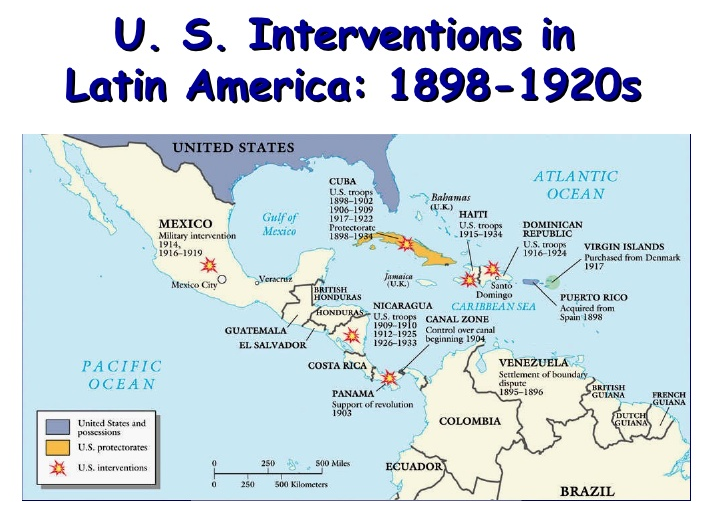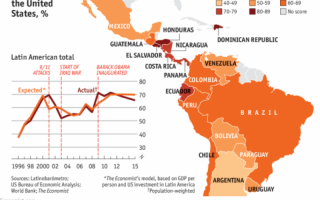What Latin Americans think of the United States
Do you want to manage your Latin American country related with USA and Africa?
Contact us here, mayado@sylodium.com for be our blogger managing the niche you choose: Argentina - Nigeria, Colombia - USA;
Sylodium is specially in 3D Printers, and Laser business, inside Industry 4.0 business between Latin America, USA and Africa, take advantage of our system.
Do you have any idea about how Latin America could remove some part of USA's business in Africa?
This new is from THE ECONOMIST
What Latin Americans think of the United States?
GIVEN the dozens of times the United States has sent troops into Latin America, you might assume that the region is consumed with resentment against the country. In fact, Latin Americans are quite well-disposed towards the US these days. The most recent survey by Latinobarómetro, a Chilean polling firm, found that 65% of respondents had a good or very good opinion of the United States. And the countries that seem to have the most cause for grievance feel least aggrieved: the two most pro-American nations in the region are the Dominican Republic (which the United States occupied from 1916 to 1924 and invaded again in 1965) and Guatemala (whose president was toppled in a coup organised by the CIA in 1954).

Does that mean that the United States should send the Marines back as goodwill ambassadors? A closer look at the past 20 years of polling suggests not. The region-wide view of the United States has oscillated considerably, from a low of 38% approval in 1996 to a high of 74% in 2009. Virtually all of these ups and downs seem to reflect changes in foreign direct investment (FDI) from the United States and changes in Latin American GDP per person. The more that American firms invest in Latin America, and the wealthier its inhabitants grow, the fonder respondents become of the gringos
These regional averages conceal wide differences between individual countries. In 2015 just 44% of Bolivians liked the United States, whereas 83% of Dominicans did. The strongest predictor of these gaps is distance: South Americans tend to dislike Uncle Sam, whereas residents of Central America and the Caribbean feel more warmly. Apparently, the easier it is for Latinos to get to know the United States, the more they like it. The next most important factor, unsurprisingly, is remittances, which make up more than 15% of the GDP of El Salvador and Honduras, for example. There is no better advertisement for the United States than emigrants sending cash back home.

